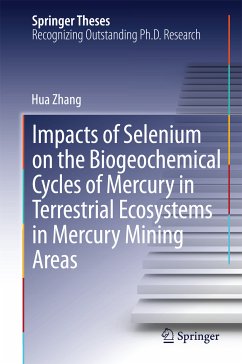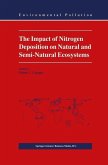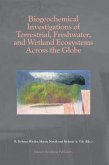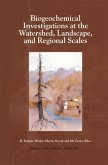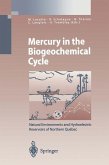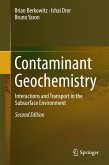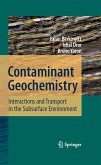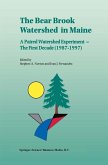From a new perspective, namely focusing on the interaction of selenium and mercury, this thesis provides new insights into traditional research on biogeochemical cycles of mercury in soil-plant interaction and associated human exposure and risks. The subject of this thesis is both valuable and timely, providing essential information not only on selenium-mercury interaction in the soil-plant system but also on how to assess the combined benefits and risk of co-exposure to mercury and selenium. This work also sheds light on future aspects regarding prevention, remediation and risk management for environmental mercury contamination. Presenting high-quality papers published in leading international SCI journals such as Environmental Health Perspectives and Environmental Science & Technology and having been recognized with the Special Award of Presidential Scholarship Award and Excellent Doctoral Dissertations Prize of the Chinese Academy of Sciences (CAS), this thesis offers a valuable resource for scientific communities, policy-makers and non-experts who are interested in this field. Dr. Hua Zhang works at the Norwegian Institute for Water Research (NIVA), Oslo, Norway.
Dieser Download kann aus rechtlichen Gründen nur mit Rechnungsadresse in A, B, BG, CY, CZ, D, DK, EW, E, FIN, F, GR, HR, H, IRL, I, LT, L, LR, M, NL, PL, P, R, S, SLO, SK ausgeliefert werden.
Hinweis: Dieser Artikel kann nur an eine deutsche Lieferadresse ausgeliefert werden.

